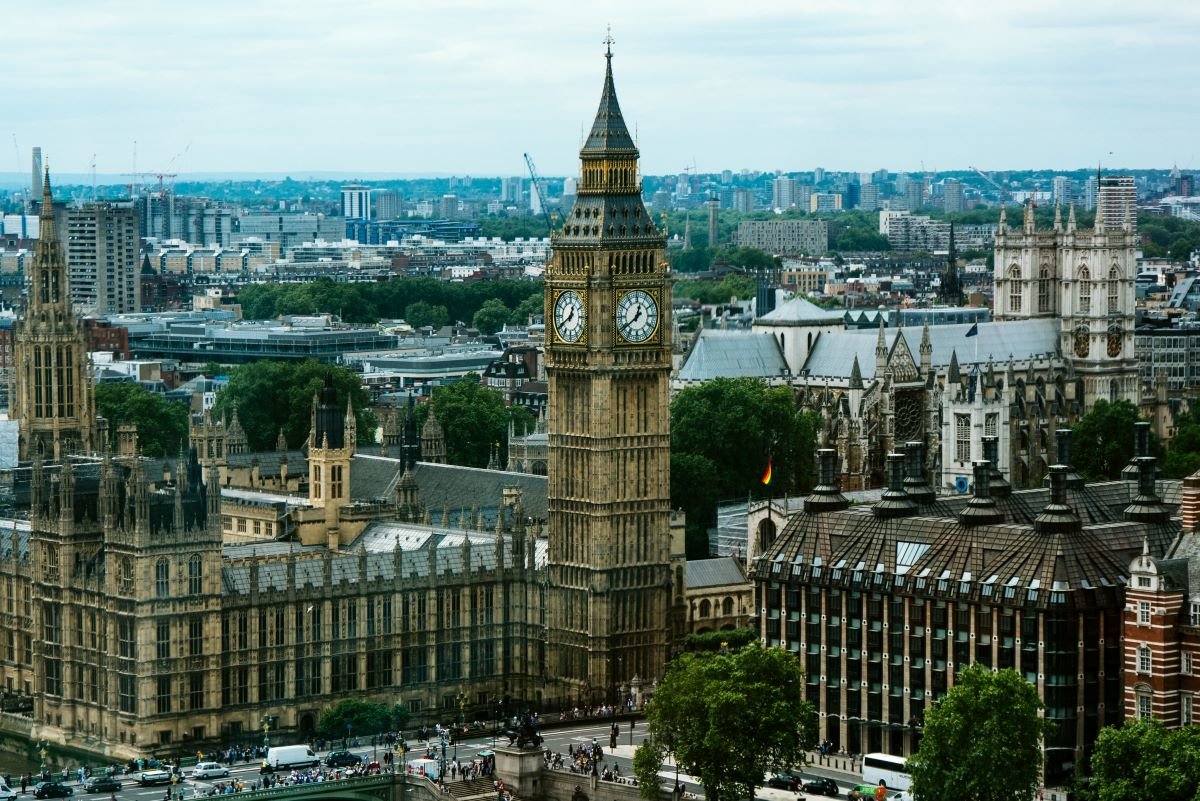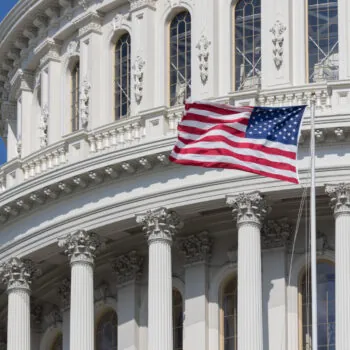Today the Chancellor of the Exchequer, Rishi Sunak, failed to sufficiently power up the UK’s green industrial revolution to get on track to net-zero in the last Budget before the COP26 climate summit.
The Budget included the following green announcements:
- UK Infrastructure Bank: Today the Chancellor announced that the new UK Infrastructure Bank would be based in Leeds and capitalised to the tune of £12 billion (£5bn equity and up to £7bn debt from either the DMO or private markets), in conjunction with the ability to issue £10bn in guarantees as it takes over the UK guarantees scheme, and aiming to stimulate £40bn in investment overall1. This is far lower than the Aldersgate/LSE recommendations for £20bn paid in and £80bn callable capital. A commitment to increased capitalisation is needed, in line with the Climate Change Committee’s recommendations that total UK climate investment be increased from £10bn per year to £50bn per year by 2030.
- Two positive developments are that ‘helping to tackle climate change’ is a core objective of the bank, and that the Bank will be a real public bank with the power to borrow – up to £7bn from a government credit agency, as well as capital markets. In contrast, the Green Investment Bank, sold off under the Cameron administration, only had £3.8 billion of funded capital and was never given the power to borrow. Further clarity on bank governance, timescale and delivery method is needed, as well as investment focus, which currently looks to be restricted to clean energy, transport, digital, water and waste, noticeably missing key areas like nature and the built environment.
- Bank of England mandate change: The Treasury has completed the mandate change that was promised in the 2019 Green Finance Strategy, giving the Bank of England full powers to integrate environmental sustainability and the climate transition into its work. This will potentially open the door to the Bank addressing climate risk within quantitative easing measures.
- Green Homes and retrofits: Today’s Budget contains no confirmation of the fate of the Green Homes Grant – following reports the significant £1bn underspend from the first tranche will not be rolled over – with further clarity urgently needed from Government. This is despite the society-wide calls in recent weeks for the government to maintain this funding commitment to greening our homes. Nor did the Budget contain reference to the Conservative manifesto pledges for the £2.5bn Homes Upgrade Grant for low-income households, or the £3.8bn Social Housing Decarbonisation Fund.
- Green Sovereign Bond: The UK today finally joins all other major economies in issuing a green sovereign bond. This long-awaited development sends a welcome signal that the UK is serious about financing a green recovery. The UK will issue at least £15 billion in green bonds over 2021-22, as the UK looks to build out its ‘green curve’. A Green Gilt framework will be published in June to detail the types of expenditures which will be financed to help meet HMG’s green objectives. The government has also committed to reporting the contributions of green gilt spending towards social benefits such as job creation and levelling up. The Government must ensure that as a priority the green gilts must be used to set up a far more ambitious programme to green the UK’s homes.
- Green Retail Savings: The government also announced that they will launch a Green Retail Savings product for retail investors through NS&I in the summer of 2021 which will be closely linked to the sovereign green bond framework. This will give all UK savers the opportunity to take part in the collective effort to tackle climate change, benefiting from the innovative reporting standards planned for the green gilt programme.
- Green VAT: Today’s budget contained no announcement made about reducing or cancelling VAT on green products and services, which has been called for by a wide range of green groups and green businesses. Fuel duty also remained frozen although there was a pledge to review future rates in light of the UK’s net-zero target. There was no mention of other green tax measures.
- Innovation Support: In other supportive announcements, in addition to the £375m allocated to the ‘Future Fund: Breakthrough’ funding for innovation, the Chancellor has announced two consultations on Enterprise Management Incentives, and on R&D policies.
- Carbon Markets Working Group: The Chancellor announced that Dame Clara Furse would establish a new Working Group with the aim of positioning the UK and City of London as the leading global market for high quality voluntary carbon offsets, drawing on the UK’s financial expertise and the work of the Taskforce for Scaling Voluntary Carbon Markets. Building out the UK’s expertise and leadership on net-zero finance is key, but offsets cannot be seen as an alternative to strong and swift action on decarbonising our economy.
Quotes on failure to sufficiently power up the UK’s green industrial revolution
Green Industrial Revolution
Nick Mabey, Chief Executive of E3G, said:
“Ahead of the UN COP 26 climate summit in Glasgow, this Budget was a missed opportunity by failing to set out an unequivocal direction of travel towards a green, zero carbon future. The Chancellor has dropped the green recovery ball before the try line.”
Kate Levick, Associate Director of Sustainable Finance, E3G said:
“ This package from HMT contains very welcome green finance elements, including confirmation of funding to set up the UK Infrastructure Bank, green sovereign bonds and changing the monetary policy remit of the Bank of England to align with the UK’s net-zero target. But it still fails to fully step up to the challenge of mobilising finance at the scale needed for the UK’s climate transition. We have a short window for action and now is not the time to hold back and stifle innovation or growth in the name of balancing the books.”
Heather McKay, Policy Advisor, E3G, said:
“The UK Infrastructure Bank could play a major role in sparking the UK green industrial revolution. We welcome the decision to put net-zero at the heart of its mission, one of the first major banks to do so, and that this public bank has been given borrowing powers, unlike its predecessor the GIB. It is however under-powered, with only £5 billion of paid in capital, far less than the £20 billion we believe is needed to get on track to net-zero.”
Green Homes
Juliet Phillips, Senior Policy Advisor, E3G, said:
“The built environment represents around 40% of the UK’s emissions. Taking rapid action to address this is vital for progress towards climate targets and reducing inequality across the UK. A long-term retrofit programme can support 200,000 green jobs across the country, creating warmer homes which are cheaper to run.
The omission of green homes from today’s Budget is a huge oversight and set-back for industry, on top of the reported claw-back of around £1bn underspend from the Green Homes Grant. While there are problems with the scheme, the answer is to fix them – not to withdraw funding altogether.
We cannot build back better without greening our buildings. To get on track, the Government needs to spend £3 billion a year to help citizens to green their homes. The Government must fill this gap and put in place a long-term capital programme to green all UK homes. This should be the number one infrastructure investment priority for green jobs and a green recovery.”


